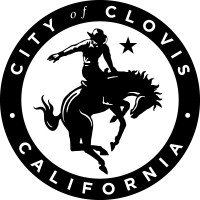The real roles for your resume
For many, the résumé is a mysterious document seemingly governed by ever-changing “folklore.” Some of that “advice” is humorous, some of it contradictory, much of it unsupported. . .and some of it wrong enough to delay your career by months.
It doesn’t have to be that way for you. The résumé’s three key roles come from the basics of how jobs are created.
Every job comes about when someone in an organization sees the need for a capability. This capability is expressed as a career field or a job title.
That person must get approval from her boss—the person who writes her performance review—to hire. And the only support for her request is the same reason that underlies every good hiring decision made in this country today.
The hiring official must pledge that the next person she hires for given capability will make the company much more money than it takes for find, recruit, and retain the newcomer.
That’s why drives these three missions for your résumé:
q As confidence-building research documentfor potential employers that help hiring decision makers deliver on their promised that the person they hire will bring in more profit than it costs to make the hire.
q As a template for an outstanding interview to entice interviewers to ask you questions you both want to discuss. In short, we want to make every interview a collaboration, not an interrogation.
q As levers for negotiating salary: It’s important you be paid what you are worth. While many organizations think it is in their best interest to bring you in for as little as they can, we know it’s value, not cost, that counts.
Underlying those three roles for your résumé is this inescapable truth: your resume must focus on a given career field. A “general” résumé will be discarded every single time and at once.
But a résumé focused on your career field can be used to apply for any position in that field. After all, the core set of skills—and hence the body of the résumé – doesn’t need change. Said another way, there is rarely a need to tailor a résumé to a given job.
You now have the criteria for a good résumé—before you start writing. Measure your draft against those roles and you’ll soon have a very powerful document.
Sincerely,
Don Orlando, MBA, CPRW, JCTC, CCM, CCMC, CJSS, MCD
Your personal executive career coach
334.264.2020 [email protected]






